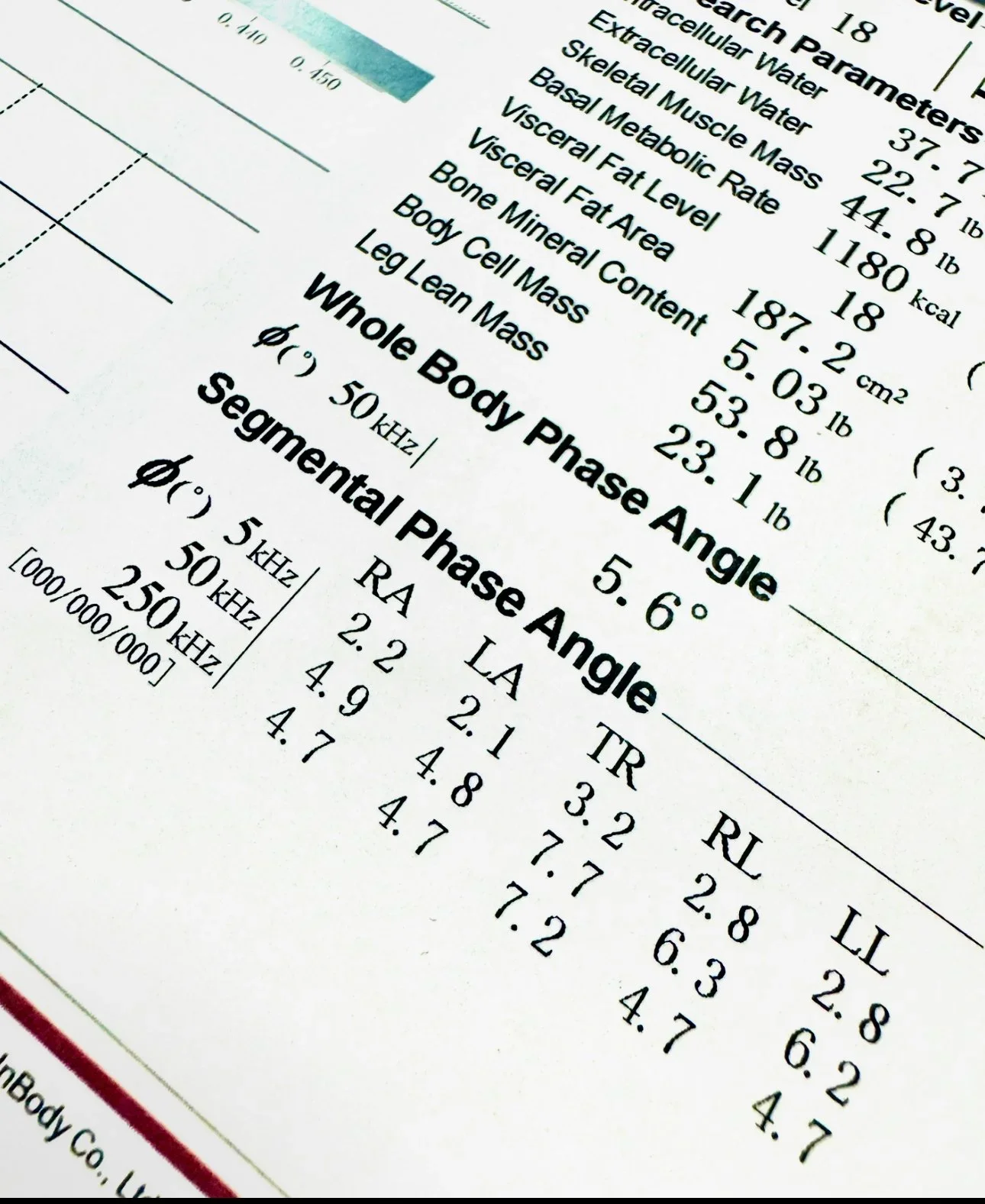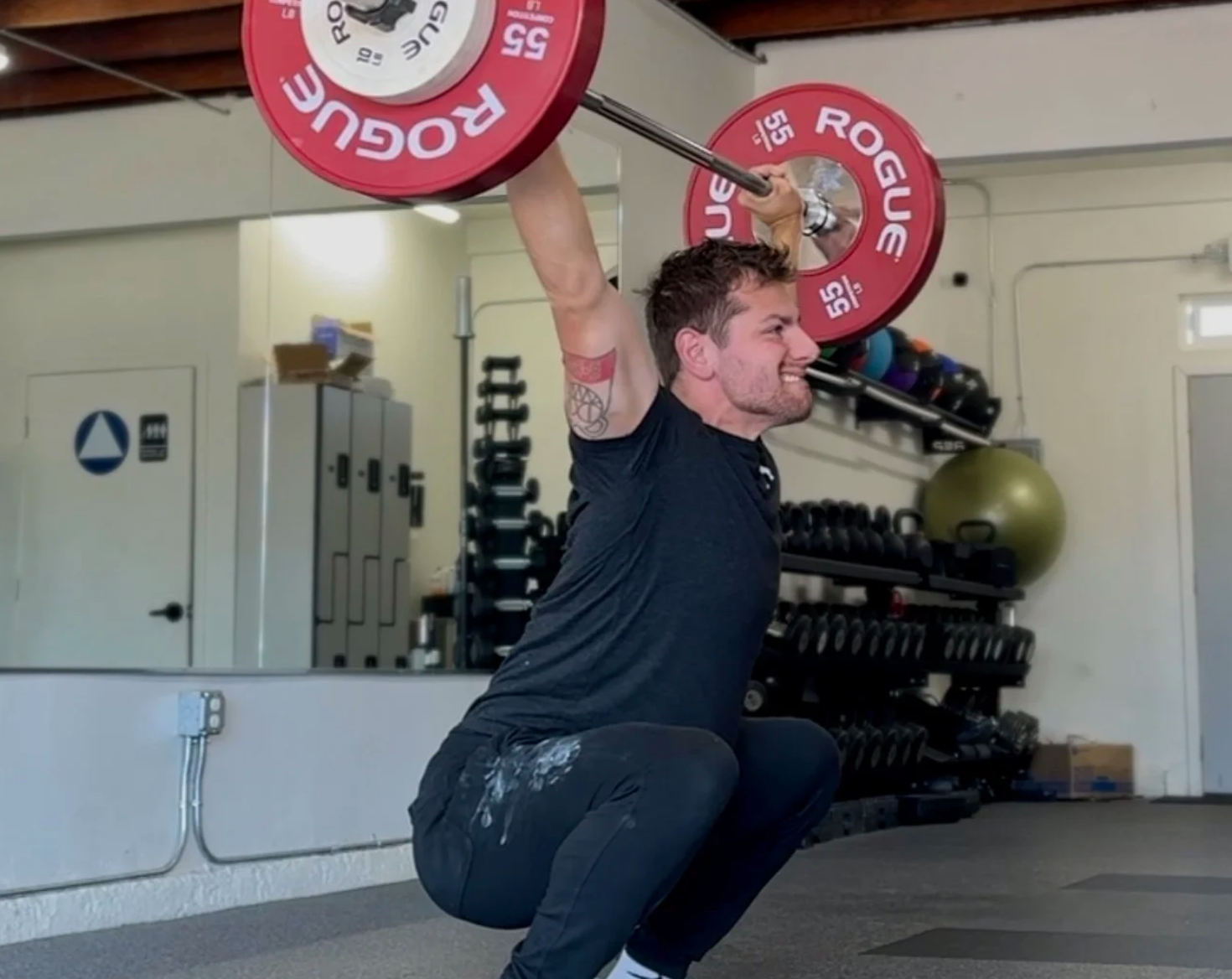The Science of Fitness New Year’s Resolutions: Tips for Making Them Work
KEY POINTS
New Year’s resolutions can be a great motivational boost, thanks to the "fresh-start effect," which helps people feel like they’re starting with a clean slate.
Setting goals focused on what you want to achieve (approach-oriented) works better than focusing on what you want to avoid.
Getting support from friends, setting specific goals, and checking your progress regularly can help you stay on track.
INTRODUCTION
The start of a new year is often seen as a chance to hit reset and set new goals—whether it’s getting in shape, eating better, or just improving your overall health. This is the magic of New Year’s resolutions: they give us a moment to reflect and refocus. But how effective are these resolutions, really? And what can we do to improve our chances of success? Let’s dive into what the research says and uncover some practical tips to make this year’s goals stick.
THE SCIENCE BEHIND NEW YEAR’S RESOLUTIONS
Ever notice how the gym is packed right after New Year’s? That’s thanks to something called the "fresh-start effect." Research has shown that big moments in time, like the start of a new year, breakup, or moving to a new city, motivate people to take on goals with renewed energy. For example, Dai et al. found that gym visits and online searches for terms like “diet” spike after these milestones [1].
Another study by Oscarsson et al. explored how different types of resolutions fare over time. It turns out, goals that focus on achieving something positive (“I’ll exercise three times a week”) are much more effective than those aimed at avoiding something negative (“I’ll stop eating junk food”). In fact, people with approach-oriented goals were about 59% successful after a year, compared to 47% for avoidance-oriented goals [2].
Additionally, Norcross et al. observed that while initial adherence to resolutions is high, this drops significantly over time, with only 19% still on track after two years. This underscores the importance of having a solid plan and support system in place to sustain motivation [3].
BREAKING IT DOWN
Why do some resolutions work better than others? For starters, focusing on positive goals makes the process more enjoyable and less stressful. Plus, using a framework like SMART goals (Specific, Measurable, Achievable, Realistic, and Time-bound) helps turn vague wishes into actionable steps. For example, instead of saying, “I’ll exercise more,” you could set a SMART goal like, “I’ll go to the gym on Mondays, Wednesdays, and Fridays for 30 minutes” [2]. Norcross et al. found that individuals who used goal-setting techniques like these were more likely to stick with their resolutions over time. They emphasized the importance of breaking larger goals into smaller, manageable steps and rewarding progress along the way, which keeps motivation levels high [3].
Another key is accountability. Sharing your goals with a friend or family member, or even teaming up with a workout buddy, can keep you motivated. Oscarsson et al. found that having a support system made a big difference in whether people stuck to their resolutions [2].
Finally, it’s normal for motivation to fade over time. This is where regular check-ins come in handy. Taking time every month to reassess your progress and tweak your plan can help keep you moving forward [1].
TIPS FOR MAKING YOUR RESOLUTION STICK
Be Specific: Vague goals like “get fit” are hard to stick to. Instead, try “do 20 minutes of yoga every morning.”
Think Positive: Focus on what you want to do, not what you want to stop. For example, “eat more vegetables” works better than “stop eating junk food.”
Get Support: Share your goal with a friend or join a group with similar goals. It’s easier to stay motivated when you’re not going it alone.
Track Your Progress: Use a journal, app, or calendar to monitor your achievements.
Plan for Setbacks: Nobody’s perfect, so don’t let one bad day derail you. Have a plan to bounce back.
HOW VERRO SUPPORTS OUR RESOLUTIONERS
At Verro, we’ve noticed the same increase in activity around New Year’s as people commit to their fitness goals. I’d just like to point out that some gyms, who will remain unnamed, recently launched a marketing campaign to discourage New Year’s resolutioners. We at Verro believe this approach is both bad business, and perhaps more importantly, ignores the science of goal achievement. Research clearly shows that temporal landmarks like New Year’s are powerful motivators, and turning people away is counterproductive.
Furthermore the research is clear that a good support system is a powerful tool to making sure people achieve their resolutions. At Verro, we are committed to creating a supportive and welcoming space for everyone, whether they’re starting fresh with a resolution or continuing their fitness journey.
CONCLUSION
New Year’s resolutions are a great way to kickstart your goals, but they’re not magic. Success comes from combining realistic, positive goals with a plan that includes support and flexibility. Setting goals is just the first step; creating an environment that fosters growth is what ensures success. By embracing both the momentum of a fresh start and the importance of steady effort, you can make meaningful changes that stick. Whether you’re a resolutioner or someone who avoids January commitments, the key is finding the right strategies and the right support to keep moving forward—and that’s where Verro can help. Let this be the year your goals turn into lifelong achievements.
REFERENCES
Dai, H., Milkman, K. L., & Riis, J. (2014). The Fresh-Start Effect: Temporal Landmarks Motivate Aspirational Behavior. Journal of Consumer Research. Retrieved from https://ssrn.com/abstract=2204126.
Oscarsson, M., Carlbring, P., Andersson, G., & Rozental, A. (2020). A Large-Scale Experiment on New Year’s Resolutions: Approach-Oriented Goals Are More Successful than Avoidance-Oriented Goals. PLOS ONE. Retrieved from https://doi.org/10.1371/journal.pone.0234097.
Norcross, J. C., Mrykalo, M. S., & Blagys, M. D. (2002). Auld Lang Syne: Success Predictors, Change Processes, and Self-Reported Outcomes of New Year's Resolvers and Nonresolvers. Journal of Clinical Psychology.
DISCLAIMER
This article is for informational and educational purposes only and is not a substitute for medical advice, diagnosis, or treatment. Always consult with a qualified healthcare provider or certified fitness professional before starting any new training program, especially if you have any pre-existing health conditions or injuries. Individual results may vary, and adjustments to training volume, exercise selection, and intensity should be made based on your personal recovery capacity, experience level, and goals.









